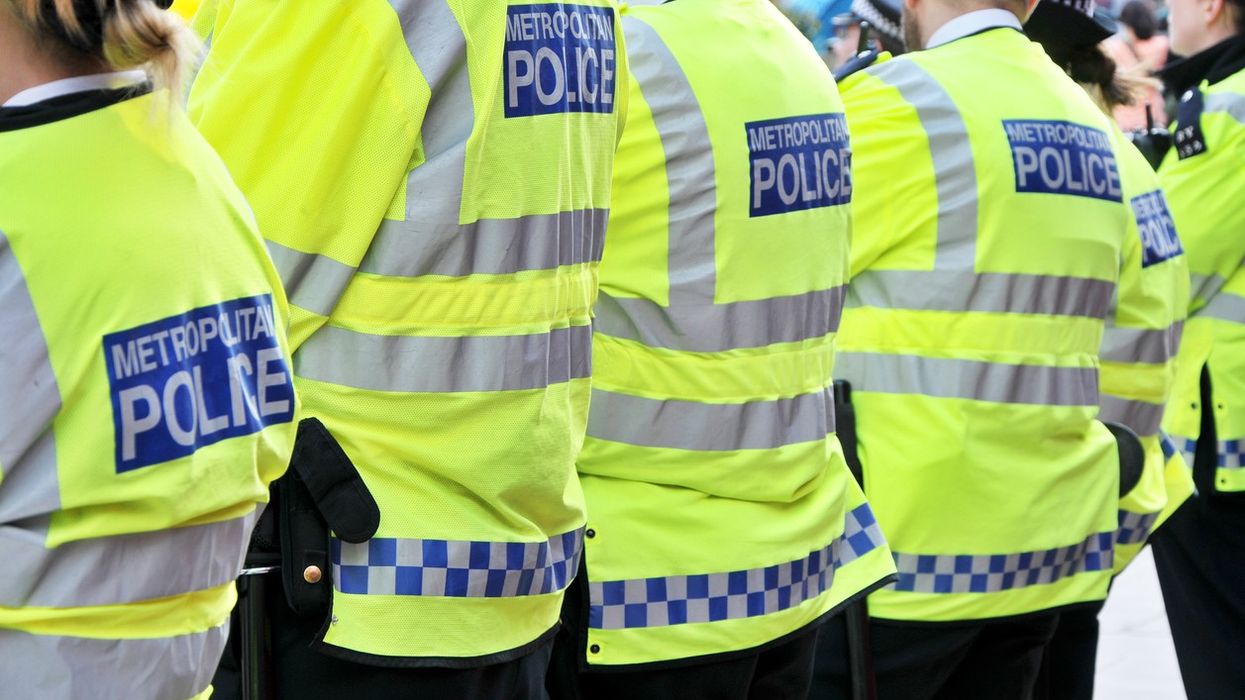An independent review published on Tuesday (21) has said that the Metropolitan Police in London is institutionally racist, misogynistic and homophobic and unable to police itself.
The report also suggested that the force has failed to hold itself accountable for its actions. The release of this review puts pressure on the Met's new leader to reform the largest police force in Britain.
The review was initiated by the former head of the Met, Cressida Dick, in 2021 after a serving officer was found guilty of the rape and murder of Sarah Everard, a young woman whose case drew attention to broader issues within the police force's work culture.
The review's author, Louise Casey, stated in the report's foreword that its findings are tough, unsparing, and may be difficult for some to accept, but they leave no doubt about the magnitude of the challenge ahead.
Casey, a member of parliament's upper house, found severe failings across the Met that required "radical" reform.
"We have found widespread bullying, discrimination, institutional homophobia, misogyny and racism, and other unacceptable behaviours," the report said, adding "women and children do not get the protection and support they deserve".
The findings come more than two decades after a 1999 inquiry into the murder of Black teenager Stephen Lawrence identified institutional racism within the force.
Finding that policing by consent was broken in the capital, the review said the biggest barrier to fixing the force was the Met's culture of defensiveness and denial about the scale of its problems.
Met Commissioner Mark Rowley, Britain's most senior police officer, told reporters: "We've let Londoners down and we've let our own frontline down and this report paints that vividly ... I'm deeply sorry."
"It (the report) generates a whole series of emotions: anger, frustration, embarrassment... But most of all, it generates resolve," he added. He said the force's professional standards department had been "stepped up," and that with their help "we are sacking officers at a faster rate."
Still, he said the job was not done yet.
"I can't say I have reduced the risk of a bad officer to zero yet, but every day we're rooting people out and we're making progress," he said, when asked if there were still officers accused of crimes such as murder, rape and domestic abuse serving in the force.
Prime Minister Rishi Sunak said trust in the police had been "hugely damaged".
"What we need to do is now make sure that that won't be repeated, that we can regain people's trust and I know that the police commissioner is committed to doing that," he told BBC television.
The 360-page report said the force needed strong leadership, a women's protection service, and a new children's strategy, among other recommendations for reform.
"It's incredibly important we use this opportunity, one of the darkest days in the history of the Met police service, to ensure there is nobody who is in denial," Mayor of London Sadiq Khan told BBC Radio.
(Reuters)





